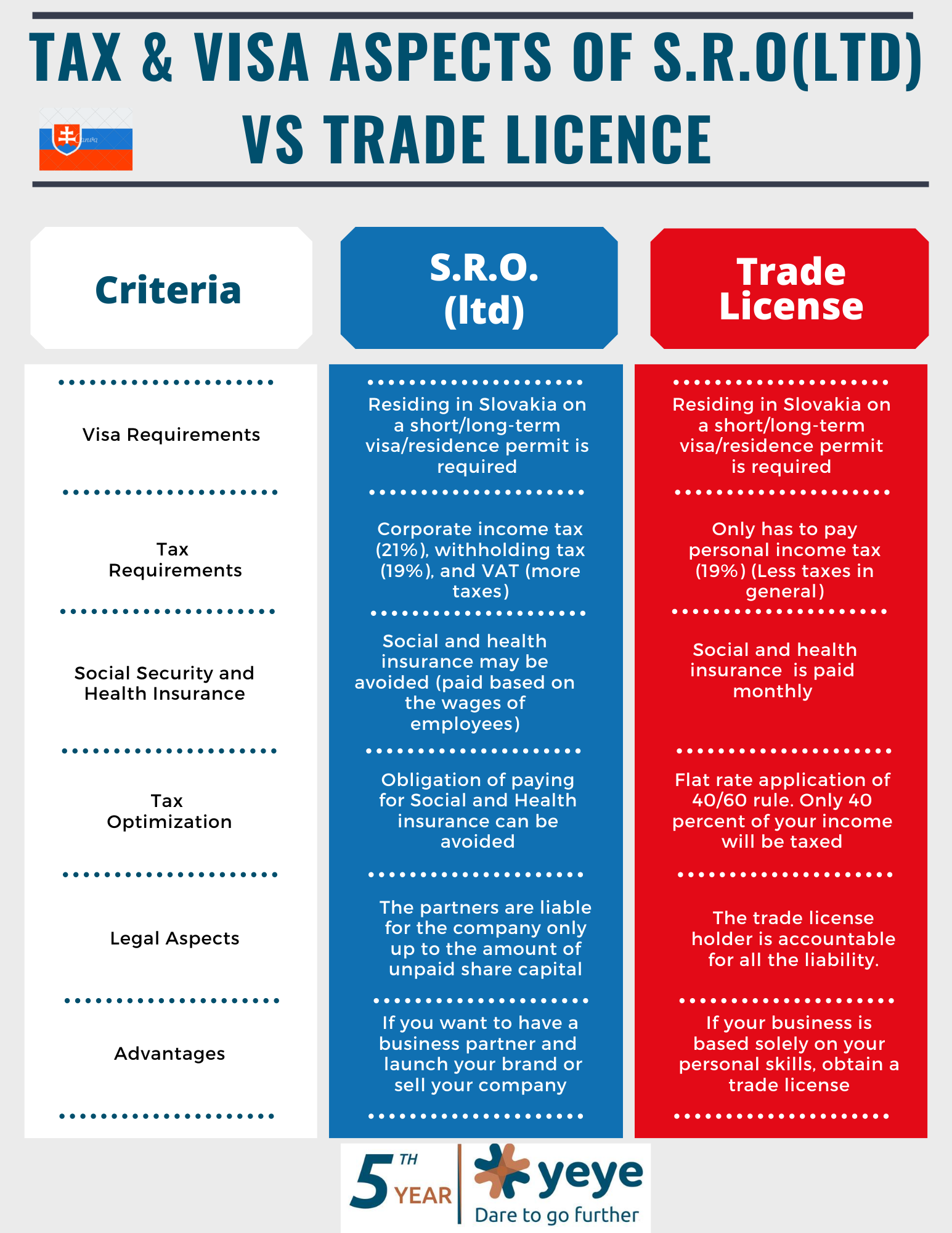Slovakia, a central European country known for its dynamic economy and favorable business environment, has become an attractive destination for entrepreneurs and multinational corporations alike. Understanding the corporate tax rates in Slovakia is crucial for businesses aiming to optimize their tax liabilities and ensure compliance with local regulations. This article delves into Slovakia’s corporate tax landscape and the key factors influencing business tax rates, providing a comprehensive overview for potential investors and existing enterprises.
Analyzing Slovakia’s Corporate Tax Landscape
Slovakia’s corporate tax rate is a pivotal aspect of its economic framework, designed to foster a competitive business environment. As of 2023, the standard corporate tax rate in Slovakia is set at 21%, which is relatively moderate compared to other European nations. This rate applies to the worldwide income of Slovak-resident companies and the Slovak-sourced income of non-resident companies. The tax structure aims to balance revenue generation for the government while remaining attractive to both domestic and foreign investors.
In addition to the standard corporate tax rate, Slovakia offers various incentives and deductions to encourage investment in specific sectors. For instance, businesses involved in research and development (R&D) can benefit from a super-deduction, allowing them to deduct up to 200% of their R&D expenses from their taxable income. This policy is designed to stimulate innovation and technological advancement within the country, making Slovakia a hub for cutting-edge industries.
Moreover, Slovakia’s participation in the European Union (EU) provides businesses with access to a larger market and the benefits of EU tax directives. These directives facilitate cross-border trade and investment by reducing the complexities associated with double taxation and ensuring more straightforward tax compliance. Consequently, Slovakia’s corporate tax landscape is not only shaped by its national policies but also by its integration into the broader European economic framework.
Key Factors Influencing Business Tax Rates
Several key factors influence the corporate tax rates for businesses operating in Slovakia. One of the primary determinants is the size and type of the business entity. Small and medium-sized enterprises (SMEs) may benefit from preferential tax treatments or simplified compliance procedures, which can significantly impact their overall tax liabilities. For example, SMEs engaged in innovative activities might qualify for additional tax credits or grants, further reducing their effective tax rates.
Another critical factor is the sector in which the business operates. Slovakia has identified strategic sectors such as information technology, automotive, and renewable energy as crucial for its economic growth. As a result, businesses in these sectors may receive targeted tax incentives, grants, or subsidies. For instance, the automotive industry, a cornerstone of Slovakia’s economy, benefits from various tax breaks and investment incentives, making it an attractive option for automakers and suppliers alike.
Additionally, the geographical location of a business within Slovakia can influence its tax obligations. The Slovak government has established special economic zones and industrial parks that offer tax holidays and other fiscal benefits to attract investment in underdeveloped regions. These zones aim to promote regional development and reduce economic disparities within the country. By strategically positioning themselves in these areas, businesses can take advantage of lower tax rates and other financial incentives, thereby optimizing their overall tax strategy.
Understanding Slovakia’s corporate tax rates is essential for businesses looking to establish or expand their operations in the country. The combination of a moderate standard tax rate, sector-specific incentives, and regional benefits creates a nuanced tax landscape that can significantly impact a company’s financial planning and decision-making. By carefully analyzing these factors, businesses can not only ensure compliance with Slovak tax laws but also strategically position themselves to maximize their tax efficiency and overall profitability. As Slovakia continues to evolve within the European economic context, staying informed about its corporate tax policies will be crucial for sustained business success.
